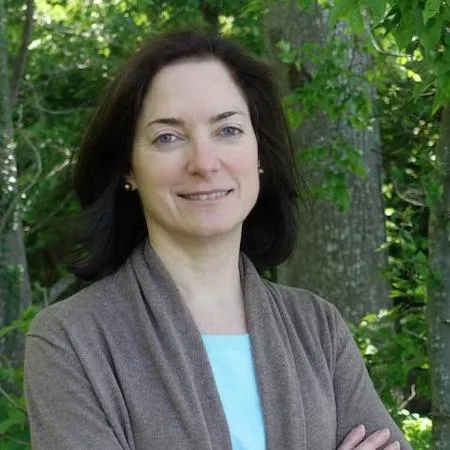This lecture on Environmental Economics is for non-economists interested in socio-environmental science. It is one in a series of lectures by SESYNC visiting economists, Drs. Lisa Wainger and Doug Lipton. In this lecture, Dr. Lisa Wainger poses the question, “Why do we need environmental regulation?” One of the answers, she explains, is due to, “market failures" (where individual incentives for rational behavior do not lead to rational outcomes for the group). This then leads to negative externalities, e.g., plastic pollution. She notes various methods to address these market failures, with a special focus on economic, market-driven incentives: taxes, fees, cap & trade. Using these methods, Wainger then discusses how to minimize the costs of abatement and align these costs with social costs, for example, within utility fees. In conclusion, she says that economic analysis, including examining behavioral biases and market conditions, can be used to determine how best to address market failures efficiently, so that unnecessary costs are not imposed on businesses and individuals.
-
About the Presenters
Image

Lisa Wainger
Dr. Lisa Wainger is a professor of environmental economics at the University of Maryland Center for Environmental Science and has over 20 years of experience in integrating ecological and economic analysis tools to evaluate costs, benefits and risks of ecosystem restoration and protection. She is known for pioneering work to include aspects of land spatial configuration in economic valuation techniques and wetland mitigation accounting. She is also known for work developing economically-based non-monetary benefit indicators to improve the representation of tradeoffs in natural resource policy...
Image
Lisa Wainger
Dr. Lisa Wainger is a professor of environmental economics at the University of Maryland Center for Environmental Science and has over 20 years of experience in integrating ecological and economic analysis tools to evaluate costs, benefits and risks of ecosystem restoration and protection. She is known for pioneering work to include aspects of land spatial configuration in economic valuation techniques and wetland mitigation accounting. She is also known for work developing economically-based non-monetary benefit indicators to improve the representation of tradeoffs in natural resource policy and decision-making.
Her current research is testing whether findings from behavioral sciences can more effectively engage farmers and local government officials in environmental problem solving under changing conditions. As Past Chair of the Scientific and Technical Advisory Committee (EPA Chesapeake Bay Program), she collaborates with a wide network of scientists to provide scientific review and direct future research. She also serves on numerous advisory boards to federal and state governments and non-governmental organizations.
-
Supporting Materials